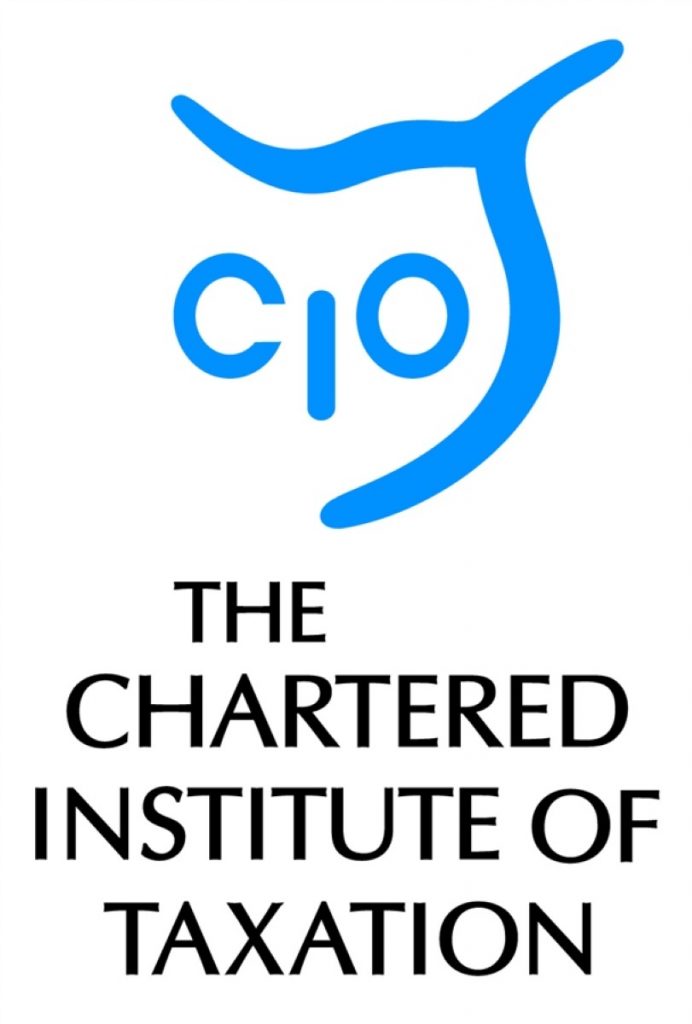Low Incomes Tax Reform Group: Enquiry Centre closures must not disadvantage vulnerable taxpayers
Responding to a consultation on the pilot closure of HMRC Enquiry Centres in the North East (1), the Low Incomes Tax Reform Group (LITRG) are urging HMRC to cater for taxpayers’ and tax credits claimants’ individual needs, focusing on service delivery and not cost cutting.
HMRC will close thirteen Enquiry Centres across the North East from 3rd June – 31st October, piloting at the same time a new “better and improved” service for individuals in need of extra support in their dealings with HMRC. If the results of the pilot are positive, HMRC plan to roll out the new service across the country from February 2014.
LITRG’s Chairman, Anthony Thomas, said:
“LITRG is supportive of HMRC’s strategy for moving to a more efficient customer support system but we are disappointed that the deadline for responses to the consultation is too close to the commencement of the pilot closure to give enough time to incorporate feedback into a new model.
“HMRC must address the individual needs of the most vulnerable in society. These might be older people, people with disabilities, migrants with limited English skills, those struggling financially and the very many people who have limited access to digital platforms. A one size fits all approach cannot possibly work.”
Other key points in LITRG’s response include:
- The new service must be accessible and affordable
- HMRC must work closely with the voluntary and community sector, ensuring that adequate funding is provided to the sector to deal with any additional workload
- Recognition of potential difficulties with new telephone menu systems
- HMRC helpline staff must be trained to identify at the first point of contact those in need of extra help, as individuals are unlikely to make an obvious declaration of their own vulnerability
- The replacement for face to face services, for example proposed ‘mobile’ visits must be at least as good as (but ideally should be an improvement upon) the current Enquiry Centre model
- HMRC need to make available options to engage more fully via electronic means such as email, which might be of particular help for those with hearing and speech difficulties
LITRG are particularly concerned that the new service must adequately provide for those who are ‘digitally excluded’. Anthony Thomas explained:
“There is a risk that some individuals may – albeit unintentionally – become non-compliant as a result of the Government’s drive towards ‘digital by default’ services. HMRC staff must be adequately trained and equipped with specialist skills to identify those who need extra help and ensure that, where it is needed, access to face-to-face support is retained.
“HMRC must commit themselves to conducting a full evaluation and to sharing these evidenced based results before any long-term decisions are agreed and put in place. The solution must be one that works for all concerned in this area – taxpayers and tax credits claimants, voluntary sector organisations, HMRC staff and HMRC processes.”
ENDS
Contact: James Knell on 020 7340 2702 (jknell@tax.org.uk) or George Crozier on 020 7340 0569/07740 477374 (gcrozier@tax.org.uk)
Notes to editors
1. LITRG’s full response to the consultation can be found here: http://www.litrg.org.uk/submissions/2013/130524_Support_Customer_sub
2. LITRG’s research report on digital exclusion can be found here: http://www.litrg.org.uk/Resources/LITRG/Documents/2012/05/digital_exclusion_-_litrg_report.pdf
3. Experts from LITRG are available for interview or to provide background information. Please contact them via the contact details at the bottom of the page.
4. The Low Incomes Tax Reform Group (LITRG) is an initiative of the Chartered Institute of Taxation (CIOT) to give a voice to the unrepresented. Since 1998 LITRG has been working to improve the policy and processes of the tax, tax credits and associated welfare systems for the benefit of those on low incomes.
5. The Chartered Institute of Taxation (CIOT) is the leading professional body in the United Kingdom concerned solely with taxation. The CIOT is an educational charity, promoting education and study of the administration and practice of taxation. One of our key aims is to work for a better, more efficient, tax system for all affected by it – taxpayers, their advisers and the authorities. The CIOT’s work covers all aspects of taxation, including direct and indirect taxes and duties. Through our Low Incomes Tax Reform Group (LITRG), the CIOT has a particular focus on improving the tax system, including tax credits and benefits, for the unrepresented taxpayer.
The CIOT draws on our members’ experience in private practice, commerce and industry, government and academia to improve tax administration and propose and explain how tax policy objectives can most effectively be achieved. We also link to, and draw on, similar leading professional tax bodies in other countries. The CIOT’s comments and recommendations on tax issues are made in line with our charitable objectives: we are politically neutral in our work.
The CIOT’s 16,800 members have the practising title of ‘Chartered Tax Adviser’ and the designatory letters ‘CTA’, to represent the leading tax qualification.
Chartered Institute of Taxation
www.tax.org.uk
The Association of Taxation Technicians
www.att.org.uk
Low Incomes Tax Reform Group – an initiative of the Chartered Institute of Taxation
www.litrg.org.uk





-01.png)